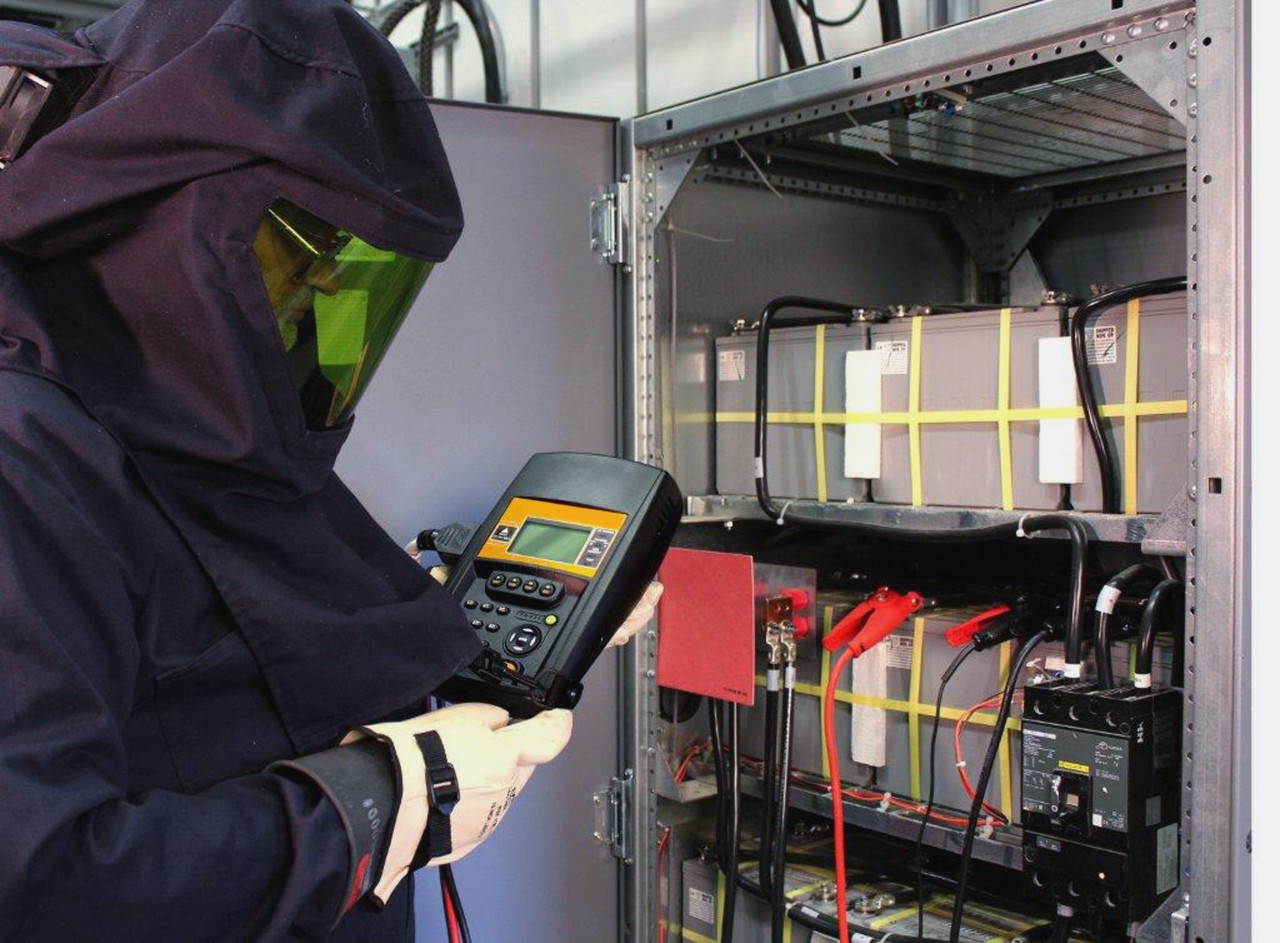The Indispensable Role of Mission Critical Service and Maintenance
In our increasingly digital and interconnected world, the smooth operation of mission critical systems is vital for businesses and organizations across various industries. Whether it’s power generation, telecommunications, healthcare, or financial services, the uninterrupted functioning of these systems is paramount. This is where mission critical service and maintenance steps in, playing a crucial role in ensuring the reliability, efficiency, and longevity of these essential infrastructures. In this blog post, we’ll explore the significance of mission critical service and maintenance and the impact it has on both businesses and society as a whole.
- Minimizing Downtime and Maximizing Efficiency
Mission critical systems, such as data centers, emergency services, or manufacturing facilities, are designed to operate around the clock. Any unexpected downtime or malfunction can lead to significant financial losses, compromised data security, and potential risks to human life. Regular service and maintenance procedures, including preventive maintenance and proactive monitoring, help identify and address potential issues before they escalate into critical problems. By conducting routine inspections, testing, and repairs, businesses can minimize downtime, optimize system performance, and maximize operational efficiency.
- Enhancing Reliability and Resilience
Mission critical infrastructures are designed to withstand various challenges, including power outages, natural disasters, or cyber threats. However, even the most robust systems can experience wear and tear over time. Service and maintenance activities are essential to ensure the reliability and resilience of these critical systems. By conducting regular equipment checks, replacing worn-out components, and updating software, organizations can mitigate the risk of system failures and ensure they remain operational during unexpected events. This level of preparedness is crucial for preserving public safety, maintaining service continuity, and avoiding costly disruptions.
- Safeguarding Data Security and Privacy
Data breaches and cyber-attacks pose a significant threat to mission critical systems, particularly in sectors like finance, healthcare, and telecommunications. Regular service and maintenance are essential for implementing and maintaining robust security measures. This includes updating security software, monitoring network traffic, and addressing vulnerabilities promptly. By prioritizing security-related maintenance activities, organizations can safeguard sensitive data, protect customer privacy, and prevent potential financial and reputational damages.
- Extending Equipment Lifespan and Reducing Costs
Mission critical systems often involve expensive and complex equipment, such as servers, cooling systems, or power backup units. Neglecting regular maintenance can lead to premature equipment failure and the need for costly replacements. On the other hand, proactive service and maintenance practices help extend the lifespan of these assets, optimize their performance, and reduce the likelihood of unexpected breakdowns. By investing in scheduled maintenance, businesses can achieve significant cost savings in the long run, avoiding unplanned expenses and maintaining a predictable budget for equipment upkeep.
- Compliance with Regulations and Standards
Many industries are subject to strict regulations and standards governing the operation and maintenance of mission critical systems. Non-compliance can result in penalties, legal issues, and reputational damage. Service and maintenance practices play a vital role in ensuring organizations meet these requirements. By staying up to date with industry regulations, conducting regular audits, and following recommended maintenance procedures, businesses can demonstrate their commitment to safety, quality, and regulatory compliance.
Conclusion
Mission critical service and maintenance are essential for businesses and organizations to ensure the reliability, efficiency, and longevity of their vital infrastructures. By minimizing downtime, enhancing reliability, safeguarding data security, and extending equipment lifespan, these practices enable businesses to deliver uninterrupted services, maintain customer trust, and mitigate risks. Investing in mission critical service and maintenance is not just an operational necessity but a strategic imperative for organizations operating in today’s fast-paced and interconnected world.

